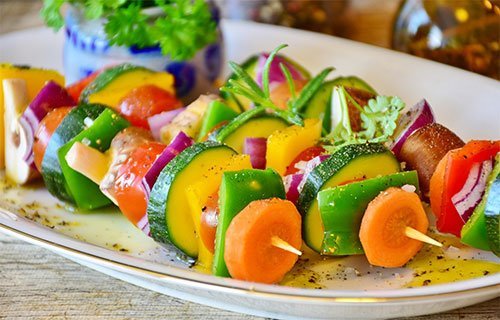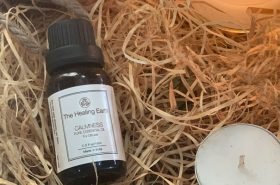Food is every living being’s primary requirement and is a significant part of our lives. To a very large extent, our lives revolve around food. It is a source of immense joy as well as pain for us. All around the world, food is a big part of every celebration.
Food is a tool for good health, implying an instrumental relationship between food and health.
We all are aware of the Importance of a well-balanced diet in the holistic wellness of a person. Carbohydrates, Proteins, Fats, Vitamins, minerals and roughage are the blocks on which our diet structures stand. Our diets have always been plant-based and animal-based. It has always been believed that foods sourced from animals were higher on nutrient composition especially proteins and good fats. However, Ongoing research in the field of food, as well as medicine, shows that this might not be true.
Doctors and health organisations around the world are now recognising that a balanced, plant-based diet has many health benefits. One of the world’s oldest and most respected medical journals, The Lancet, endorsed a plant-based diet as the best choice for human health and planetary health.
A plant-based diet is a way of eating that celebrates plant foods and cuts out unhealthy items like added sugars and refined grains. Plant-based diets have been linked to a number of health benefits, including reducing your risk of heart disease, certain cancers, obesity and diabetes.
Plant-based eating patterns focus on foods primarily from plants. This includes not only fruits and vegetables, but also nuts, seeds, oils, whole grains, legumes, and beans. You choose more of your foods from plant sources.

What can you eat on a plant-based diet?
- Vegetables: kale, spinach, tomatoes, cauliflower, potatoes, gourds, etc.
- Whole grains: rice, wheat, brown rice, oats, quinoa, barley, etc.
- Legumes: peas, chickpeas, lentils, peanuts, beans, etc.
- Plant-based protein like soya, tofu.
- Nuts and nut butters.
- Seeds: Chia, pumpkin, flax, sesame, sunflower etc.
- Seeds for sprouting: wheatgrass, alpha, fenugreek etc.
- Fruits.
- Plant-based oils.
- Plant-based milk: almond, coconut, soya.
- Herbs for medicinal value and flavours: rosemary, thyme, oregano, coriander, mint, lemongrass etc.
It is always recommended to eat in-season food that is grown locally. Farmer’s markets are one of the best places to source freshest, local produce.

Research shows us that How we eat is as important as what we eat*.
- Eat 70% raw, 30% cooked- Include lots of salads, fruits, smoothies and juice in the diet.
- Rest after a heavy meal.
- Don’t overstuff with food.
- Eat only when hungry.
- Eat-in a relaxed state.
- Eat neither too cold or too hot.
- Chew food carefully not casually.
- Eat seasonal, regional and reasonable.
- Eat more colours- berries are our best friends.
We need to make small but diligent changes in our eating patterns to benefit from all that nature offers us. Since plant-based food requires lesser cooking, the loss of nutrients due to cooking is also less. These foods are full of fibre, vitamins and mineral. They are low in calories and saturated fat. Eating a variety of these foods provides all the protein, calcium, and other essential nutrients your body needs.
*source- The Food Book-satvik movement



